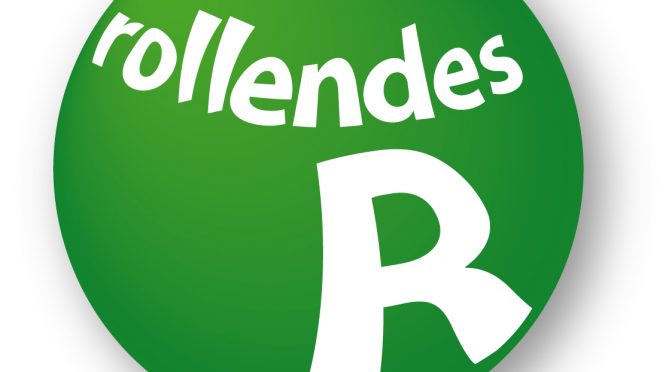Author: Jadranka Bokan
Sound is very important when you are producing a language. If you don’t pronounce words correctly, no one will understand you. German pronunciation is not very difficult. However, it contains some rules that you should adhere to.
There aren’t many exceptions so if you learn these rules (see below), you can be sure that you are pronouncing the words that you are learning correctly.
I have tried to explain those rules by comparing them with the English pronunciation and I have used basic German words as examples which is very convenient if you are a beginner. For more useful tips, scroll to the bottom of the page.
In addition, it’s good to know that if English or French words in German keep their original pronunciation, e.g. Restaurant – [rɛstoˈrɑ̃ː]).
e = sounds similar to the English “e” in “help” (Example: helfen = to help)
i = sounds like “i” in “to live” (ich bin = I am)
h at the word beginning = h (Haus = house)
vowel + h = long vowel (gehen <- sounds like ‘ge+en’ = to go)
s at the word beginning (singen = to sing); “s” between 2 vowels (Hase = hare, Musik = music) = “z” like in English “zigzag”
ss, ß = s (essen = to eat; heiß = hot, Fuß = foot)
sch = “sh” (Schule = school)
tsch = you get this if you say “t” and “sh” almost at the same time, just try to spell them one after another (i.e. “t” before “sh”) as quickly as you can (Deutsch = German)
vowel + duplicate consonant = short vowel (Bett = bed; Sonne = sun)
ch = h (machen = to make)
ck = k (backen = to bake)
z, tz = try to say “t + s” at the same time and you should get that sound (tanzen = to dance, sitzen = to sit)
German r doesn’t sound like English r. Learn more: R-pronunciation

ei = “ai” (heiß = hot, mein = my, Eis = ice or ice-cream)
ä = sounds similar to “a” in “apple” (Mädchen = girl)
eu, äu = “oi” (Deutsch = German, träumen = to dream)
ie = long “i” which sounds like “e” in English “me” (sie = she, fliegen = to fly)
v at the word beginning = “f” (Vater = father)
ü = your lips are formed like you would like to say “u”, however, you don’t say “u”, but English “e” (like “e” in “me”) (München = Munich)
ö = your lips are formed like you would like to say “o”, however, you don’t say “o”, but English “a” (like “a” in “apple”) (Köln = Cologne)
st at the word beginning = “sht” (Stunde = hour, Strand = beach)
st in the middle of a word = “st” (lustig = funny)
sp at the word beginning = “shp” (sprechen = speak, Sport = sports)
-ig at the end of the word = sounds like “ich” (lustig= funny, ruhig = quiet, calm)
w = v (weiß = white, was? = what?)
Please bear in mind that all nouns should be written with a capital letter: Sport, Stunde, Strand, Mädchen, Vater, Bett, Sonne, Schule, Haus, etc.
If you would like to find out more about the German language even before you start learning it in a course, click on the picture below.
Those were the basic rules of German pronunciation. If you still feel uncomfortable with it and would like to be sure that you are pronouncing some German work correctly, feel free to use these free online dictionaries with pronunciation. All you have to do is to find the word and click on the speaker icon.
If you would like to see videos with a detailed overview of German pronunciation, then I would recommend that you take a look here: DW ABC
If you are at the A2 level and above and would like to improve your pronunciation of German words, then try out this course with 10 lessons and various exercises (A-G): SIMSALABIM




